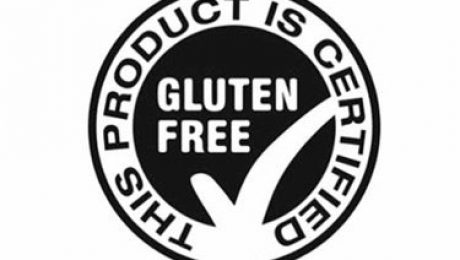Food Traceability
Food Traceability: Preventing Food FraudAnd Ineffective Product Recalls With today’s complex food supply chain caused by changing industry processes and the consumerdemand for foreign foods, tracing products effectively is more critical than ever for food safety andquality, and more challenging. However, the industry is struggling to find an effective traceability systemthat would keep up with
- Published in HACCP
IFS v6.1
In November 2017, IFS revised the version 6 to version 6.1 The expected version 7 of IFS Food has been postponed until the end of 2018. With this change, the standard meets the benchmarking requirements of the GFSI and will remain a GFSI reference standard. The main changes in version 6.1 focus on the following topics: New
- Published in Businesses, Certifications
3 Food Manufacturing Certifications to Pay Attention to
As consumers and government bodies continue to demand more in terms of food safety and transparency, it’s never been more important for those in the food manufacturing and processing industry to become certified. But what exactly does this mean? In the US, there are hundreds of organizations that inspect, test and certify food products based
- Published in Certifications
The ABCs Of An Allergen Control Plan
FSMA regulations require most in the food and beverage industry to have a written food safety plan. Among other important elements, the food safety plan must contain a written hazard analysis and written preventative controls. Why is this important to an allergen control plan? Because federal regulations identify cross-contact of food allergens as a chemical
- Published in Allergen
HACCP & HARPC Explaining the differences
There is some confusion over Hazard Analysis and Critical Control Points and the more-recent food-safety plan, Hazard Analysis and Risk-Based Preventive Controls. Here are the key differences. Both Hazard Analysis and Critical Control Points (HACCP) and Hazard Analysis and Risk-Based Preventive Controls (HARPC) are discussed, almost interchangeably, albeit incorrectly, in food-processing circles. The truth is
 English
English  Ελληνικα
Ελληνικα 




